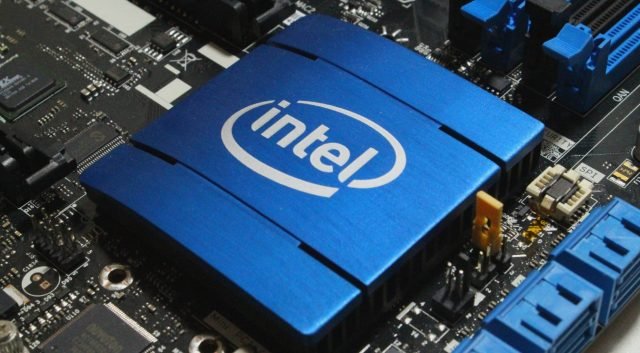Intel is in advanced stage of talks to buying Israeli firm Tower Semiconductor for $5.4 billion, the Wall Street Journal reported.

The aim of Intel, which lost the semiconductor market leadership to Samsung in 2021 as per the latest Gartner report, is to advance its strategy of contract manufacturing chips for other businesses.
Intel said the acquisition significantly advances Intel’s IDM 2.0 strategy as the company further expands its manufacturing capacity, global footprint and technology portfolio to address unprecedented industry demand.
“Tower’s specialty technology portfolio, geographic reach, deep customer relationships and services-first operations will help scale Intel’s foundry services and advance our goal of becoming a major provider of foundry capacity globally,” said Pat Gelsinger, Intel CEO.
Intel, as a key part of its IDM 2.0 strategy, established Intel Foundry Services (IFS) in March 2021 to help meet the growing global demand for semiconductor manufacturing capacity and to become a major provider of U.S.- and Europe-based foundry capacity to serve customers globally.
The potential purchase would deepen Intel’s presence in a space dominated by Taiwan-based TSMC , the world’s largest contract chipmaker. It also comes at time when the global semiconductor shortage has hampered the production of everything from smartphones to cars.
Tower Semiconductor specializes in analog chips used in the automotive, mobile, medical and aerospace industries. It had a market capitalization of $3.6 billion as of Monday’s close.
Tower has foundry facilities in the U.S. and Asia serving fabless companies as well as IDMs and offers more than 2 million wafer starts per year of capacity – including growth opportunities in Texas, Israel, Italy and Japan.
The U.S. chipmaker said last month it would invest up to $100 billion to build the world’s largest chip-making complex in Ohio. The move is aimed at restoring Intel’s dominance in chip-making and reducing America’s reliance on Asian manufacturing hubs.
Intel was also looking to buy GlobalFoundries for about $30 billion, according to a Wall Street Journal report in July, but the chipmaker went public a few months later.
